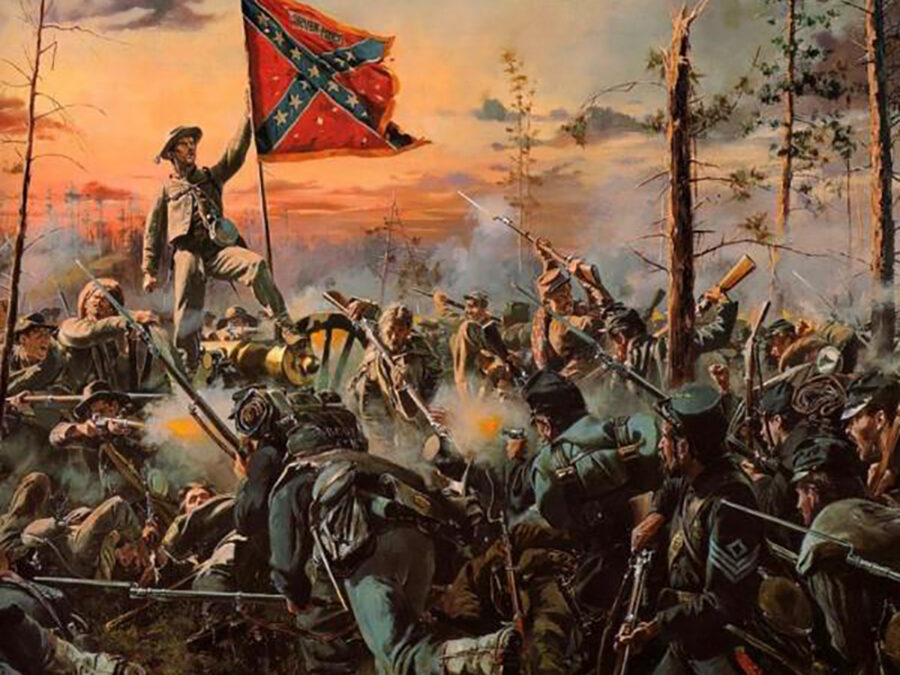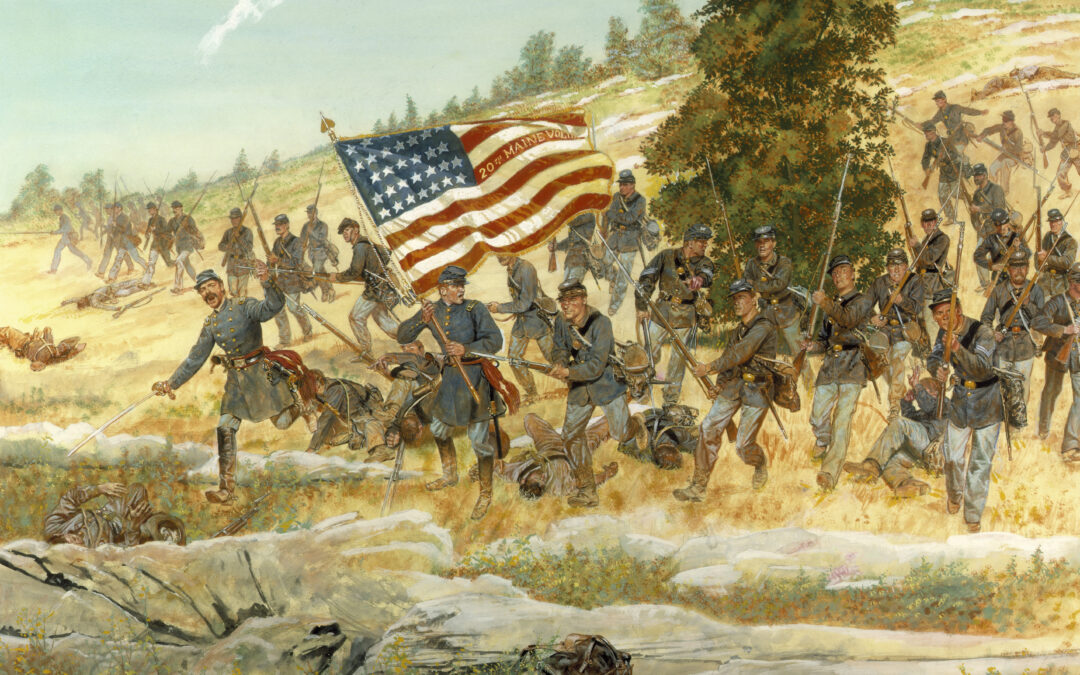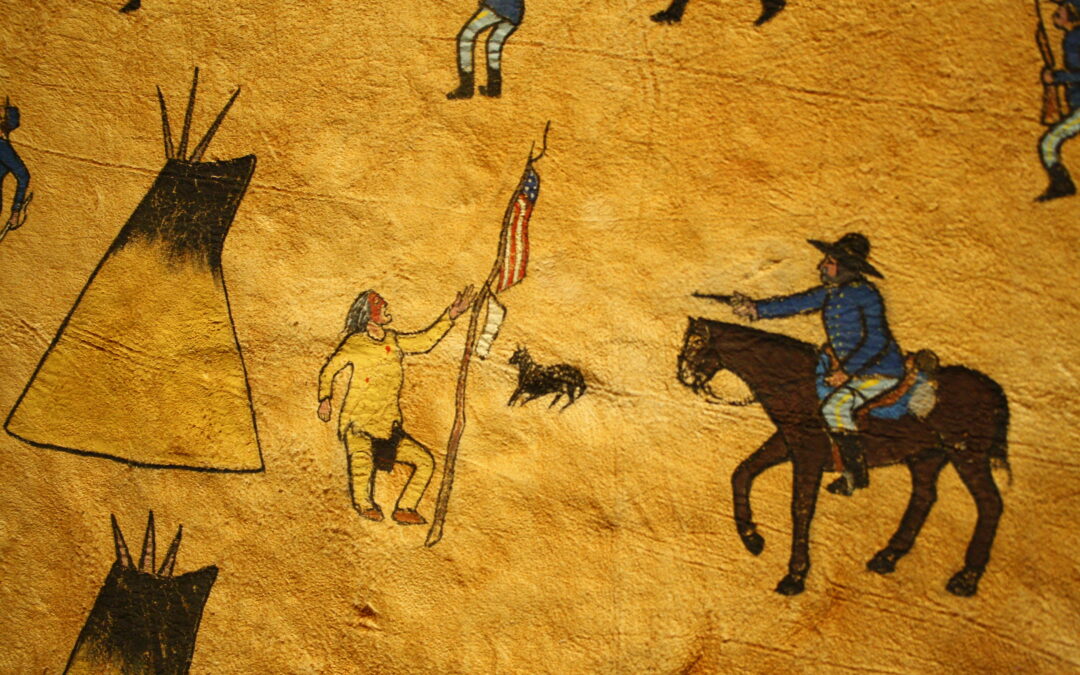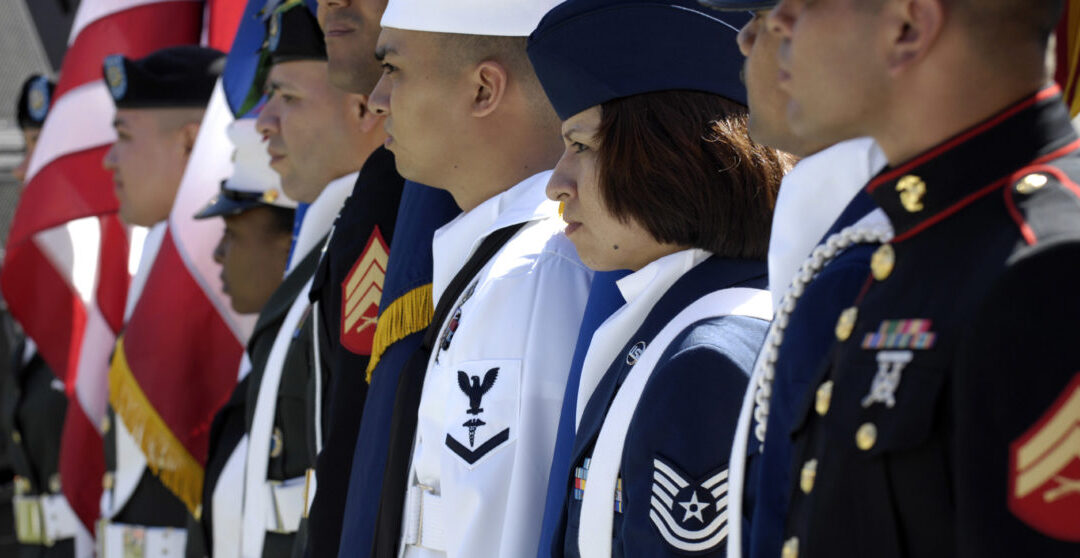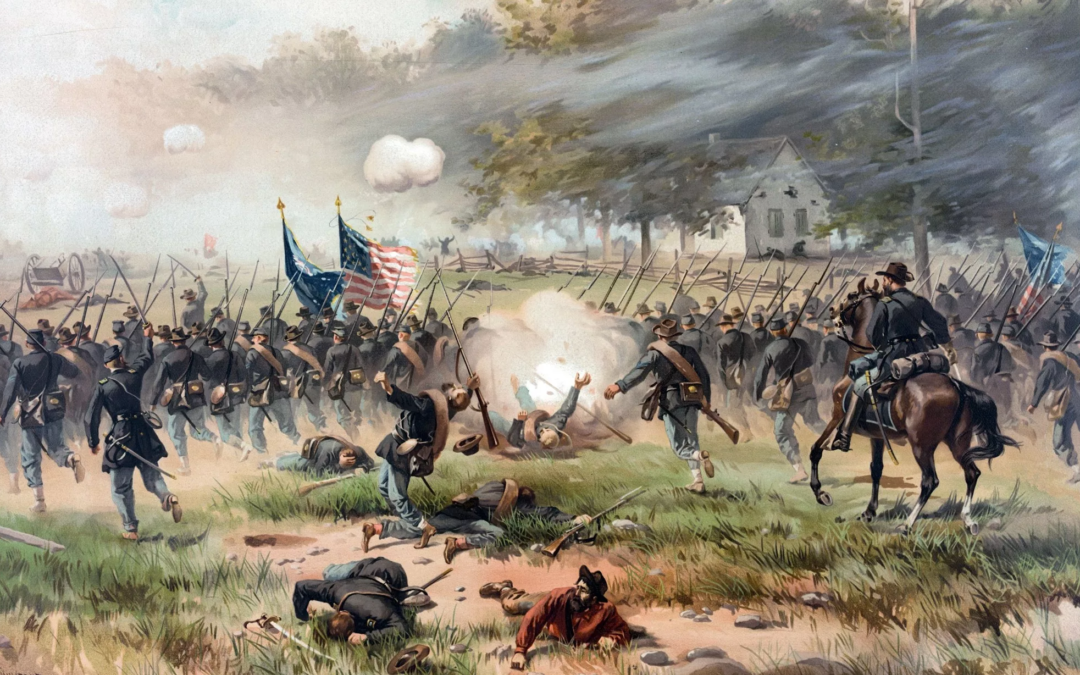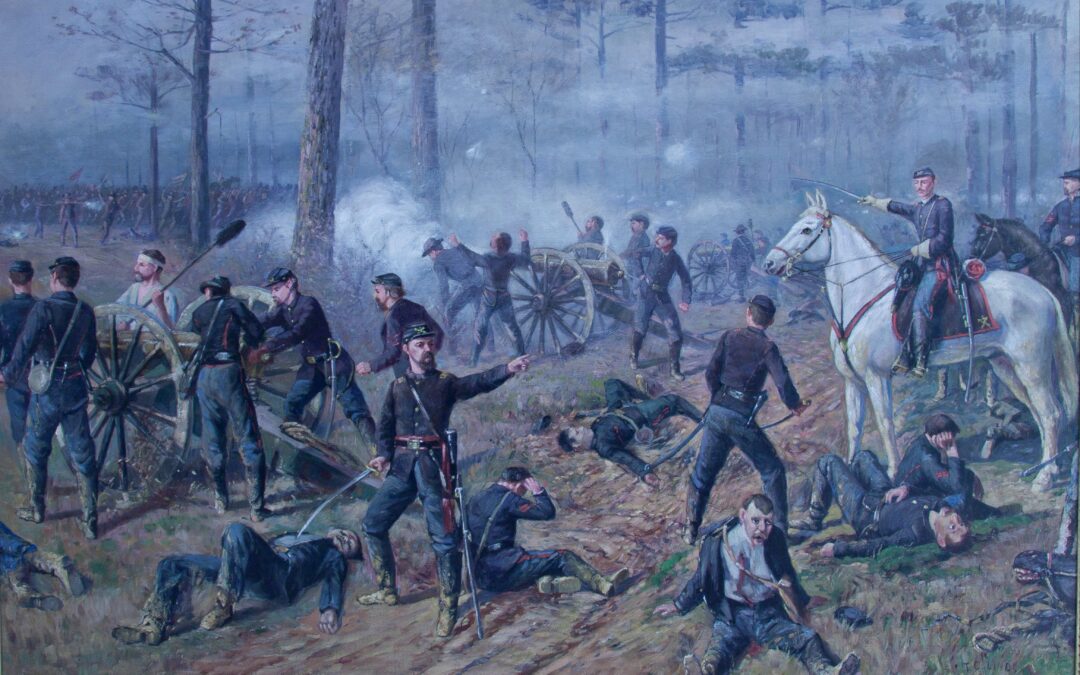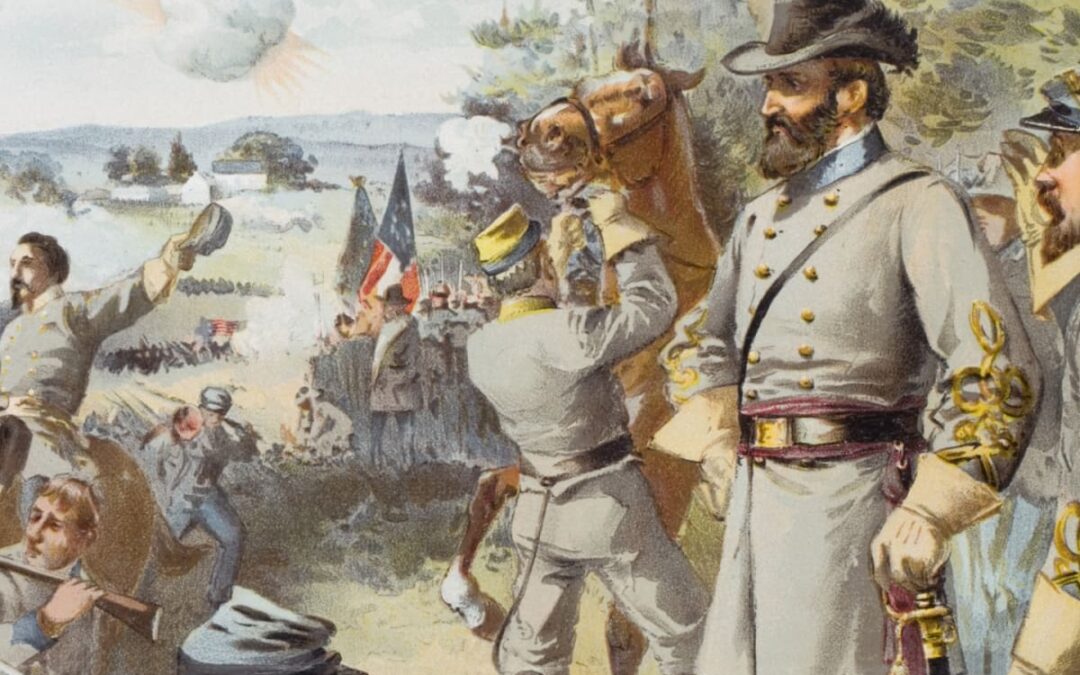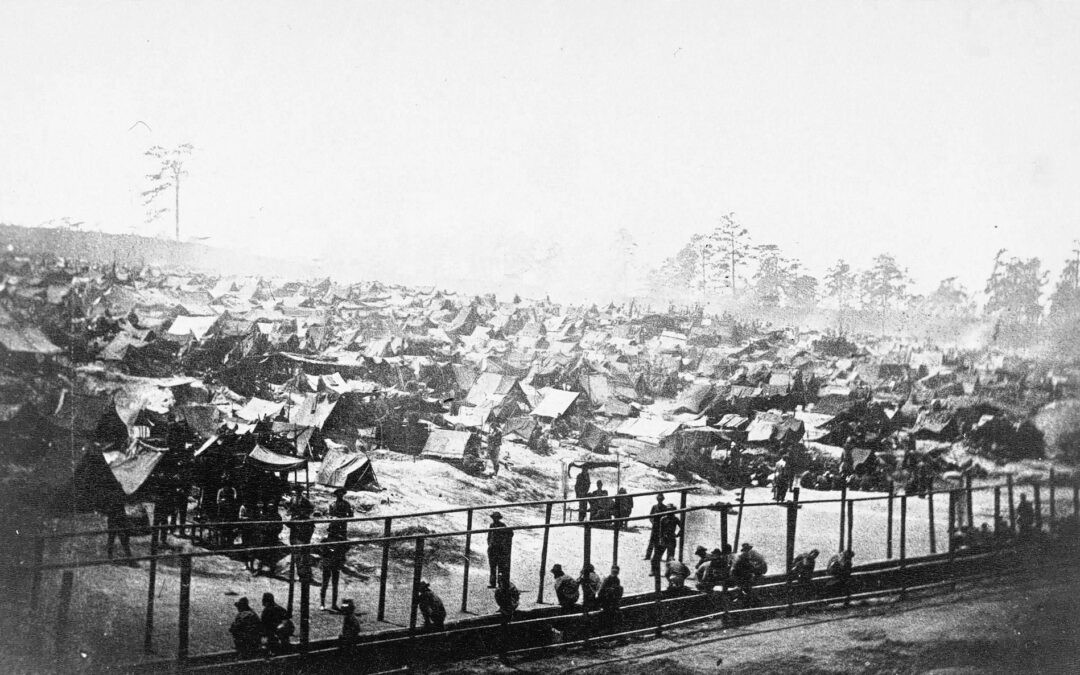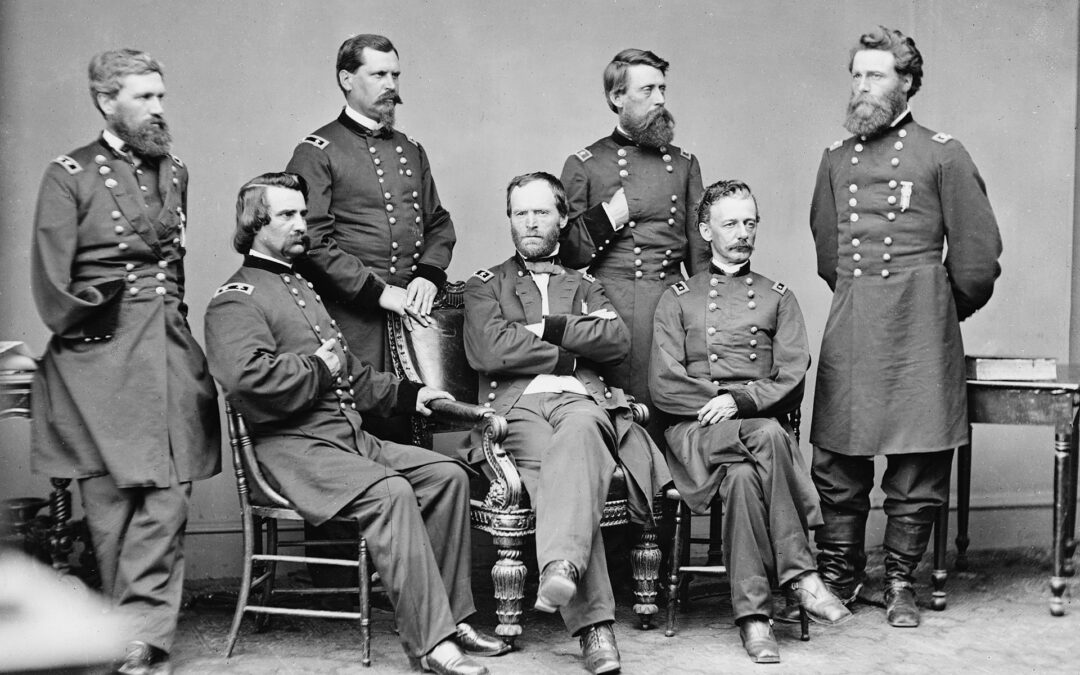It has become an accepted historical fact that the South could not have won the American Civil War. The North's advantages in finance, population, railroads, manufacturing, technology, and naval assets, among others, are often cited as prohibitively decisive. Yes, the South had the advantage of fighting on the defensive, this with interior lines, but those two meager pluses appear dwarfed by the North's overwhelming strategic advantages, hence defeat virtually a foregone conclusion. But if strategic advantage alone was always decisive in warfare, then names like Marathon, Cowpens, Rorke's Drift, and Cannae would today be meaningless, and they are not. Battle of Glendale: A Seven Days Fight Indeed, there are times when the decided underdog wins in war, and there was one day in 1862 when the stars aligned, so to speak, to offer the South a victory of such magnitude that the Civil War might have ended in its favor. It was June 30, 1862, and for days the Federal Army of the Potomac had...
